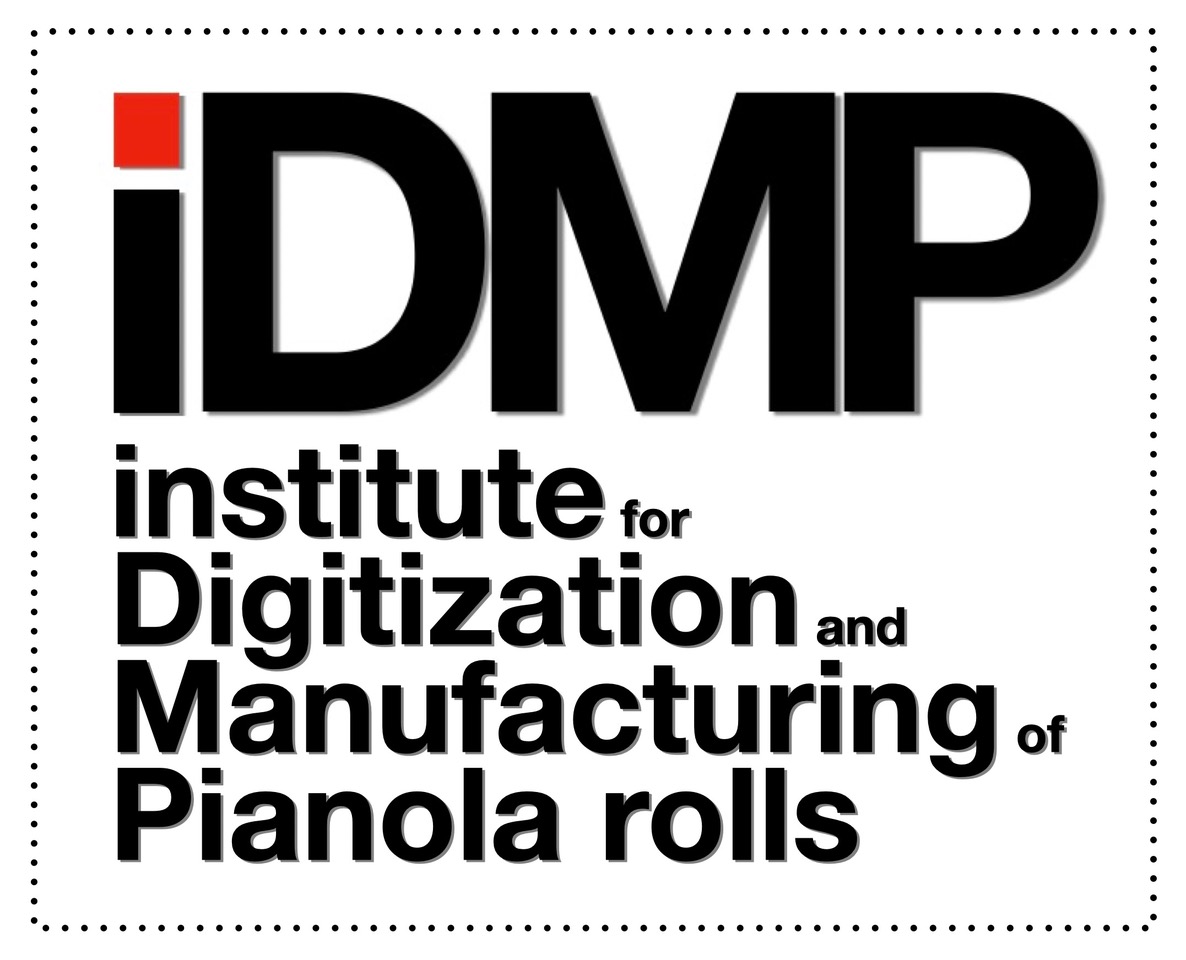As in all specialised areas, it is a challenge to find suitable offers at all. There are only a few pianolas to be found on the private market. Buying privately as a layman is a particular risk here and is only recommended after prior advice or guidance from experts.
It would be best to compare different pianolas in the same place - because this will make it clearer what the differences actually are and what really matters. As there is a piano in almost every pianola - except in the pre-setters - knowing and deciding on the piano part and its interaction with the pianola part is also very important for later enjoyment.
The various questions here are much more complex than when deciding on a piano. With 65, 73 or 88 or another music roll system? Which music rolls are available? With pedal or suction motor? As a front-mounted, cabinet or built-in instrument? A pedal piano, an art piano, a reproduction piano? Which brand, which manufacturer - which combination? An old original or a modern version?
In short, we recommend that you obtain good information in advance and seek expert advice in order to make a good decision.
The reason for the complexity of deciding on a pianola is that each system only offers certain functions, and so far only the music rolls typical of the system can be played, which in turn means that only the respective repertoire is available. And since it is always very much about the music, this discussion and decision is very important.
In addition, the possible renovation costs for the different systems are of a similar order of magnitude, so that it is more important which pianola system is purchased.
These questions provide an initial orientation.
-
- What is most important about the Pianola? (Repertoire, appearance, functions, sound, technical condition, brand, price, operation, follow-up costs, ...)?
- Will the pianola be used primarily as a self-playing piano or as a hand-playing piano - and with what preferences?
- Which musical genre is favoured? (classical music, certain composers, opera and operetta music, marches and dances, hits, ragtime, jazz and blues, pop music, ...)?
- Do you want to listen to original recordings of the composers and pianists?
- Should an existing grand piano or upright piano continue to be used or be used in parallel?
- Should the Pianola only produce the notes and the entire accentuation and tempo control be done by yourself?
- Should the pianola play itself fully automatically?
- Should it be an old pneumatic-mechanical instrument with electronic-digital extensions or a new system?
- What budget is available?
- Where will the pianola be located?
If the budget allows, the recommendation is of course clearly in the direction of a reproduction piano such as a Welte-Mignon, Hupfeld DEA or Tri-Phonola, Philipps DUCA, AMPICO or Duo-Art built into a branded upright or grand piano. This combines the advantages of a high-quality hand-played instrument with the additional possibilities of a reproduction piano. The best of more than two worlds.
We support you in your search with the information on our pages and are happy to offer you advice on request.



